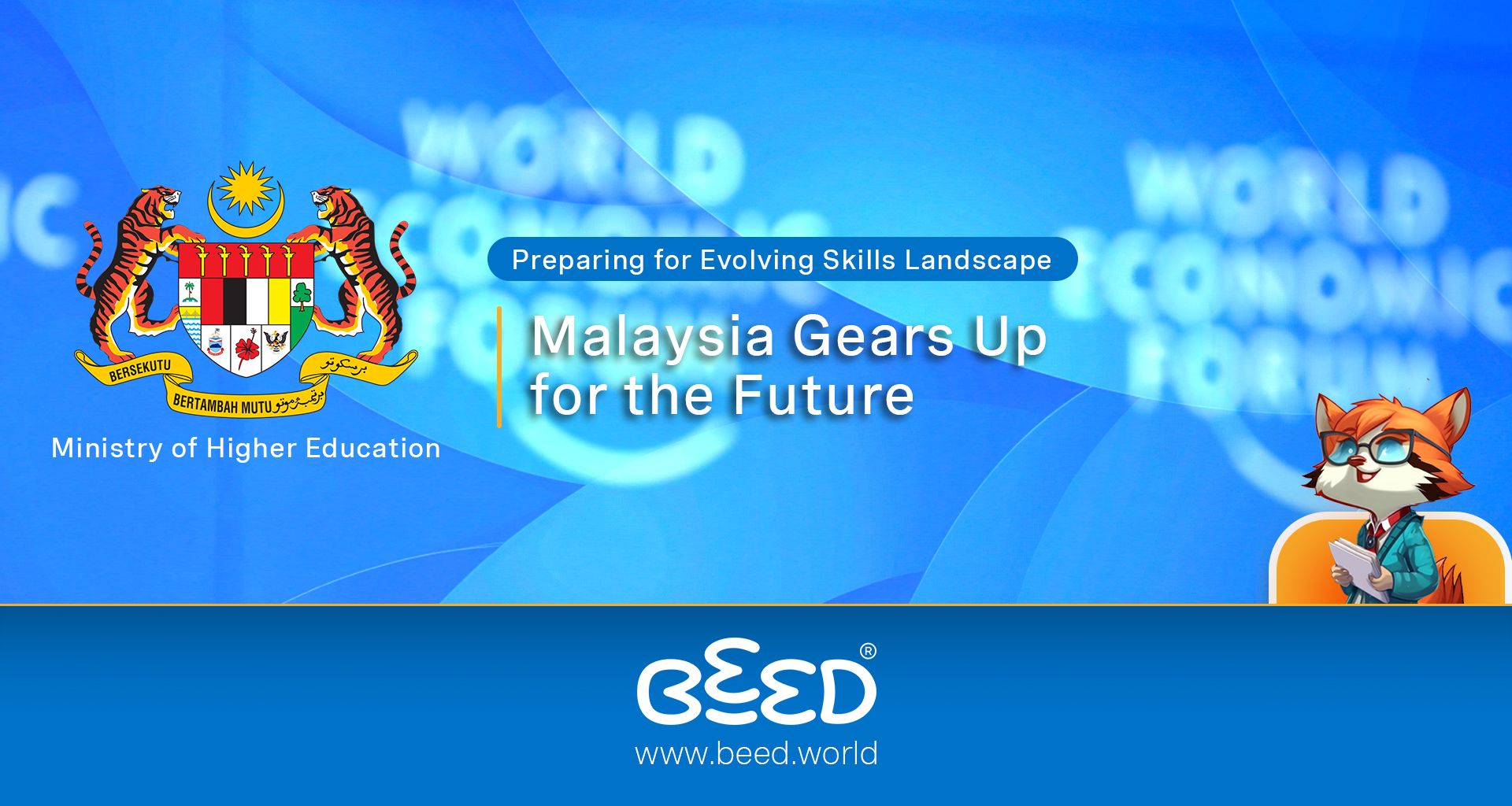Malaysia Gears Up for the Future

The World Economic Forum's Future of Jobs Report paints a stark picture: with technology rapidly changing the workplace, an estimated 50% of workers will need to reskill themselves by 2025 to keep pace. This sobering statistic highlights the urgency for education systems to adapt and prepare graduates for the jobs of tomorrow.
The Malaysian Ministry of Higher Education faces a crucial challenge: equipping students with the in-demand skills that will propel them towards success in the evolving job market. Here's a look at five key areas where the Ministry can focus its efforts:
Artificial Intelligence (AI): AI is poised to revolutionise numerous industries, and the ability to understand, develop, and work alongside AI systems will be paramount. The Ministry can introduce AI modules and courses across various disciplines, from engineering and computer science to business and healthcare.
Fintech: As the financial sector embraces digital transformation, expertise in Fintech, the marriage of finance and technology, becomes increasingly valuable. The Ministry could foster collaborations with financial institutions to develop specialised Fintech programmes and certificates.
Fashion Technology: Sustainability and technological advancements are reshaping the fashion industry.
Encouraging universities to offer programmes that combine fashion design with areas like data analytics, sustainable materials science, and 3D printing will prepare graduates to navigate this dynamic landscape.
Green Construction: The fight against climate change demands a focus on sustainable construction practices. The Ministry could introduce programmes on green building technologies, energy-efficient architecture, and sustainable building materials to equip graduates to contribute to a greener future.
Spatial Design: With the rise of virtual reality (VR) and augmented reality (AR), spatial design skills will be crucial for creating immersive experiences across various sectors. The Ministry could support the development of programmes that combine traditional design principles with VR/AR technology to nurture future spatial design experts.
Investing in the Future:
By prioritising these in-demand skills, the Malaysian Ministry of Higher Education can empower graduates to thrive in the ever-changing job market. Additionally, fostering a culture of lifelong learning through skills development programmes for existing professionals will be key to ensuring a future-proof workforce.
This proactive approach towards education reform will position Malaysia as a leader in nurturing future-ready talent capable of contributing to a dynamic and innovative global economy.